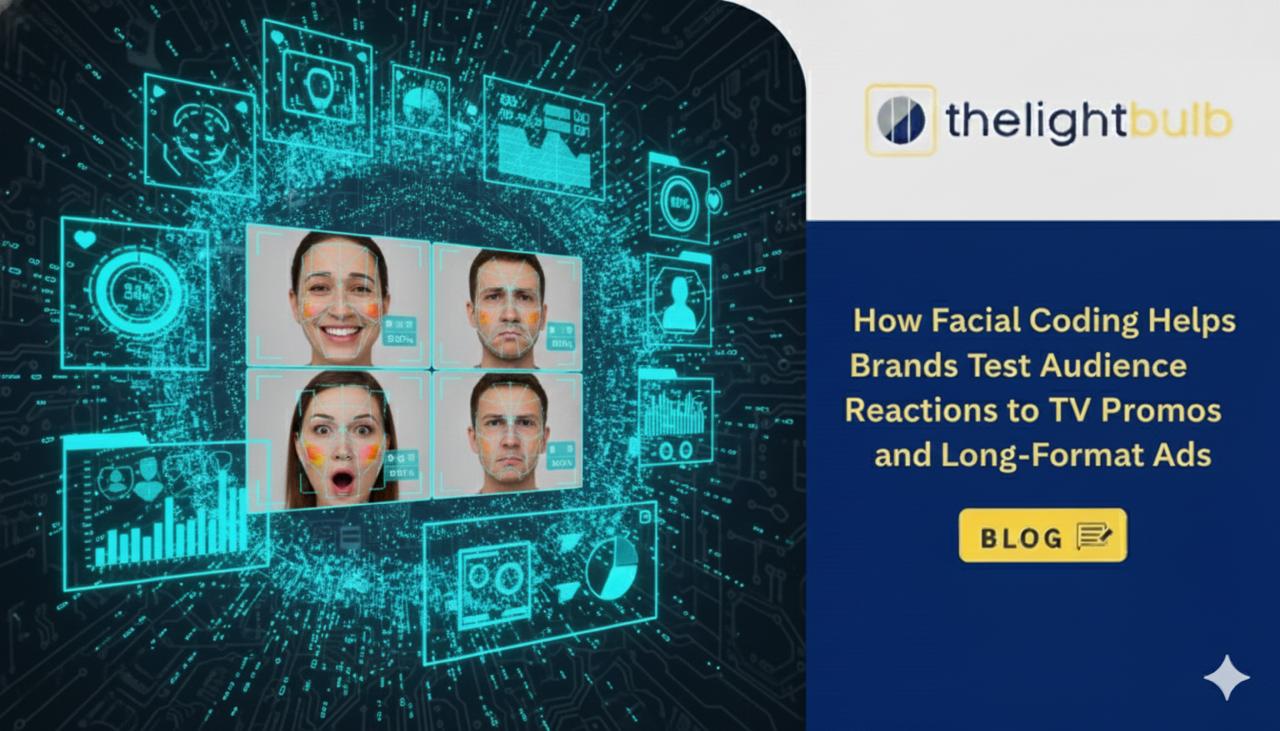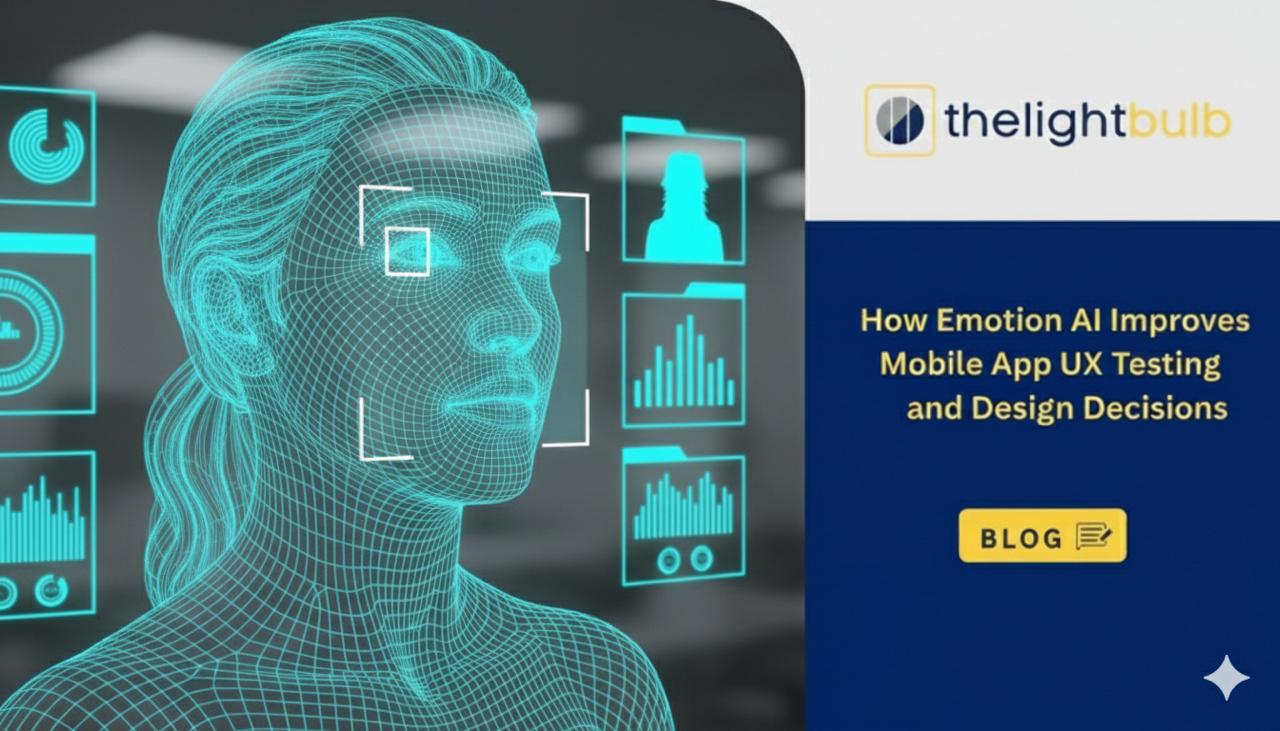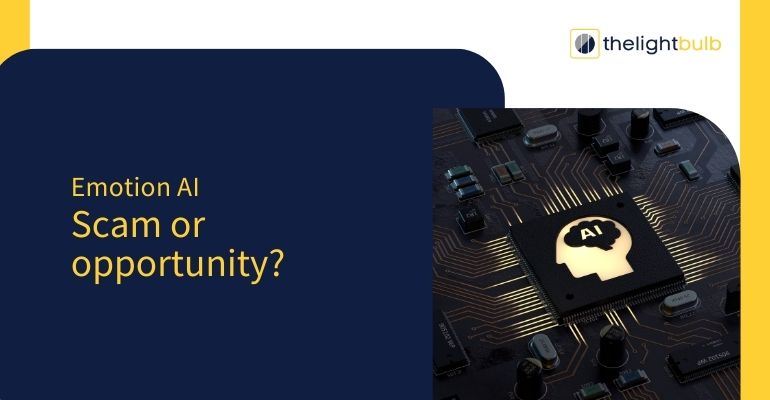
Introduction
Emotion AI, also called affective computing, is a hastily advancing area that uses artificial intelligence to locate and interpret human feelings. By analysing facial expressions, voice tones, and exclusive physiological signs, Emotion AI offers brilliant functionality for applications in advertising and advertising, customer support, healthcare, and beyond. However, as with each powerful generation, it also will increase widespread moral worries, especially round privacy and the capability for misuse. This blog explores the ethical issues in Emotion AI, that specialise in a way to balance innovation with the need to shield individual privateness.

Understanding Emotion AI
Emotion AI involves using advanced algorithms and device learning strategies to analyse and interpret human emotions. This generation can system information from numerous sources, together with facial recognition, voice evaluation, and even text sentiment analysis, to gauge how people revel in. These insights may be tremendously precious for corporations on the lookout for to decorate purchasers’ enjoyment, improve merchandise, or expand extra effective advertising and marketing strategies.
The Promise of Emotion AI
Emotion AI has the capacity to revolutionise many components of our lives. In healthcare, it can be used to display affected person feelings and mental fitness, supplying properly timed interventions. In education, Emotion AI can assist perceive college students who’re struggling and need extra aid. In customer support, it could permit greater personalised and empathetic interactions, most important to better purchaser delight. These blessings highlight the present day capability of Emotion AI, however additionally they underscore the want for cautious moral attention.
Privacy Concerns
One of the most urgent moral issues with Emotion AI is privacy. Emotion AI structures often require get entry to to pretty personal statistics, such as facial expressions, voice recordings, or even biometric information. Collecting and analysing this information without proper consent can bring about massive privateness violations.

Consent: It is crucial to reap knowledgeable consent from people earlier than accumulating their emotional information. They want to be absolutely aware about what records is being accumulated, how it is going for use, and who may have get proper of access to it.
Data Security: Emotion AI systems have to ensure that the statistics they collect are securely saved and protected from unauthorized entry to. This includes imposing sturdy encryption and get right of entry to control measures.
Anonymization: Whenever feasible, facts need to be anonymized to protect individuals’ identities. This can assist mitigate privacy risks if the statistics are compromised.
Ethical Use of Emotion AI
Beyond privateness, the moral use of Emotion AI involves making sure that the technology is used in approaches which can be honest, transparent, and useful to society.
Transparency: Companies and organisations the use of Emotion AI must be transparent about how the generation works and how it’s far being used. This includes supplying clear facts approximately the algorithms and facts used inside the system.
Bias and Fairness: Emotion AI structures have to be designed to keep away from biases that could cause unfair remedy of individuals. This calls for careful interest to the information used to educate the algorithms and ongoing monitoring to locate and correct biases.
Purpose Limitation: Emotion AI ought to be used only for the purposes for which it turned into firstly intended and for which individuals have given their consent. Using the technology for other purposes without consent is unethical.
Regulatory Frameworks
Given the moral worrying situations related to Emotion AI, there can be a growing want for regulatory frameworks to make sure that the technology is used responsibly. Governments and regulatory bodies are beginning to apprehend the significance of putting in place hints and necessities for using Emotion AI.
Data Protection Laws: Existing statistics safety felony pointers, which incorporates the General Data Protection Regulation (GDPR) in Europe, provide a foundation for defensive humans’ privacy within the context of Emotion AI. These felony guidelines require agencies to achieve consent, defend statistics, and make certain transparency.
Industry Standards: Industry organisations and expert corporations are developing requirements and satisfactory practices for the ethical use of Emotion AI. These requirements can help guide companies in enforcing the technology responsibly.
Government Regulations: Governments are increasingly thinking about rules in particular geared toward Emotion AI. These regulations can offer extra protections for individuals and make sure that the technology is utilised in approaches that benefit society.
Balancing Innovation and Privacy
The venture with Emotion AI is finding the right stability between innovation and privacy. While the technology offers enormous benefits, it should be applied in methods that defend individuals’ rights and hobbies.

Ethical Design: Developers of Emotion AI systems must prioritise moral concerns inside the layout and development process. This includes carrying out ethical impact tests and concerning ethicists within the development procedure.
User Empowerment: Individuals have to have control over their emotional data. This includes the capability to get entry to, accurate, and delete their facts, as well as the proper to decide-out of Emotion AI systems.
Public Awareness: Raising public consciousness about Emotion AI and its ethical implications is critical. Individuals should be informed about how the technology works and their rights regarding their emotional information.
Conclusion
Emotion AI holds superb promise for reinforcing diverse factors of our lives, from healthcare to customer support. However, its use increases remarkable ethical worries, particularly spherical privateness and the ability for misuse. Balancing innovation with privateness requires a willpower to moral ideas, transparency, and sturdy regulatory frameworks. By addressing those worrying situations, we will harness the advantages of Emotion AI on the identical time as defensive character rights and making sure that the technology is used responsibly and ethically.
In giving up, as Emotion AI keeps to conform, it is critical for all stakeholders, which includes developers, corporations, regulators, and the public, to engage in ongoing talk about its moral implications. Only through collective attempt are we able to make sure that Emotion AI contributes simply to society, balancing the force for innovation with the vital to apprehend and defend individual privacy.
Frequently Asked Questions.
1. What is Emotion AI?
- Emotion AI makes use of superior algorithms and gadget learning to locate and interpret human feelings via numerous records sources.
2. Why is privacy an issue with Emotion AI?
- Privacy is a situation due to the fact that Emotion AI collects touchy personal information, along with facial expressions and voice recordings, which can be misused if not properly blanketed.
3. How can agencies make sure moral use of Emotion AI?
- Companies can ensure ethical use through obtaining knowledgeable consent, keeping transparency, and implementing strong information security measures.
4. What are the blessings of Emotion AI in customer service?
- Emotion AI enhances customer service by using enabling more personalized and empathetic interactions, leading to better consumer pleasure.
5. What regulatory frameworks exist for Emotion AI?
- Existing frameworks just like the GDPR offer hints for statistics safety, and enterprise standards are being developed to make certain accountable use of Emotion AI.










